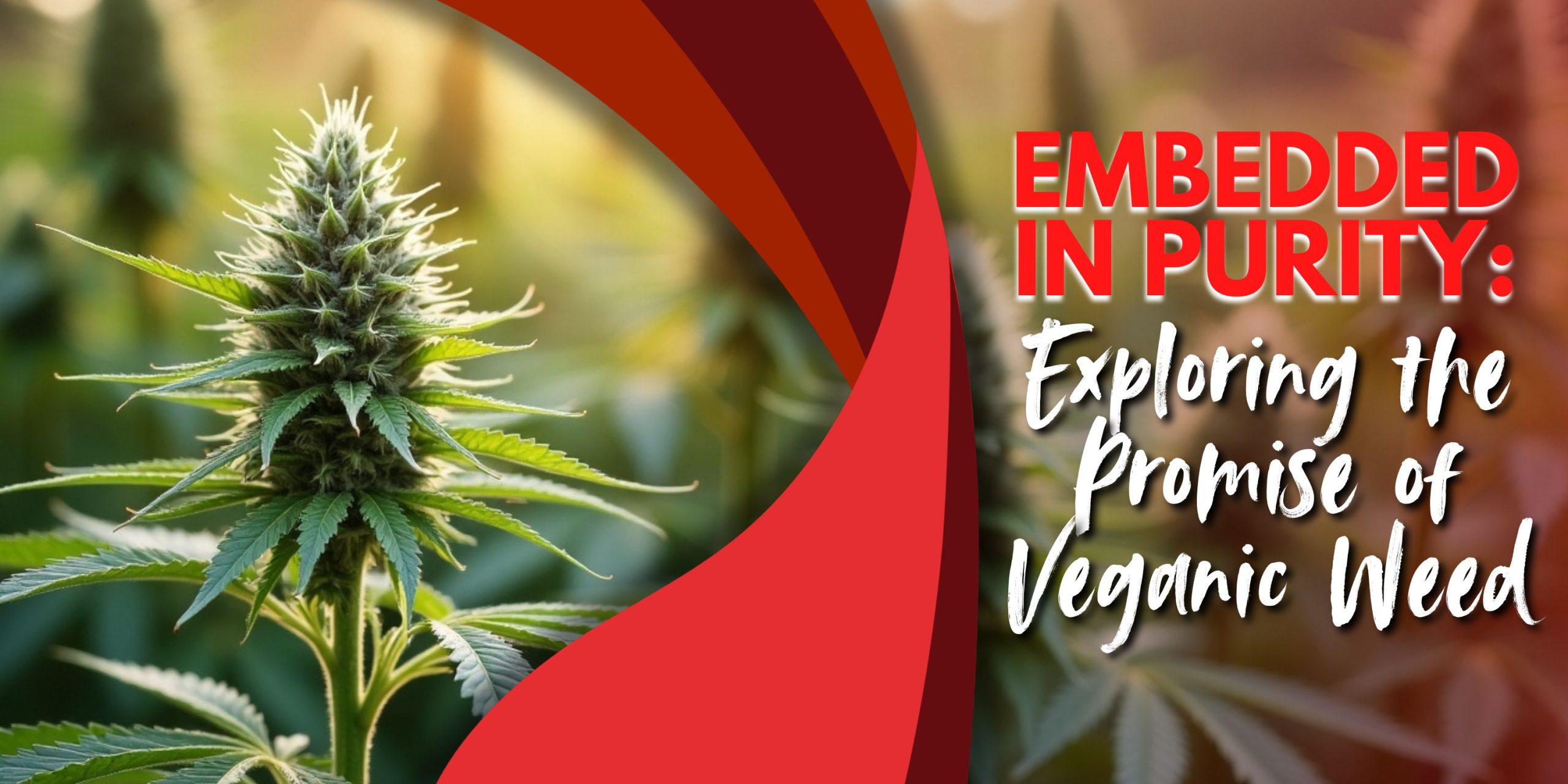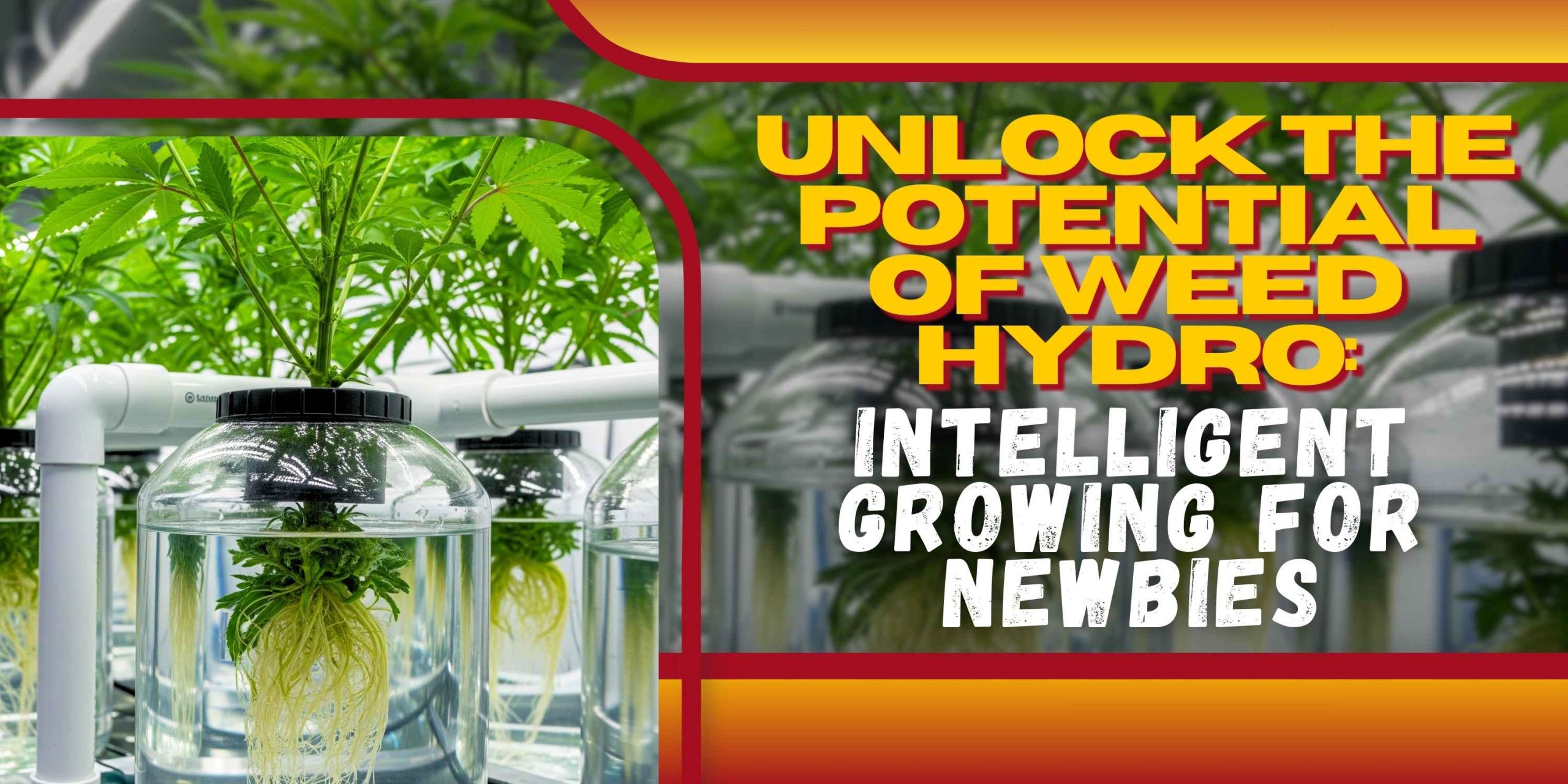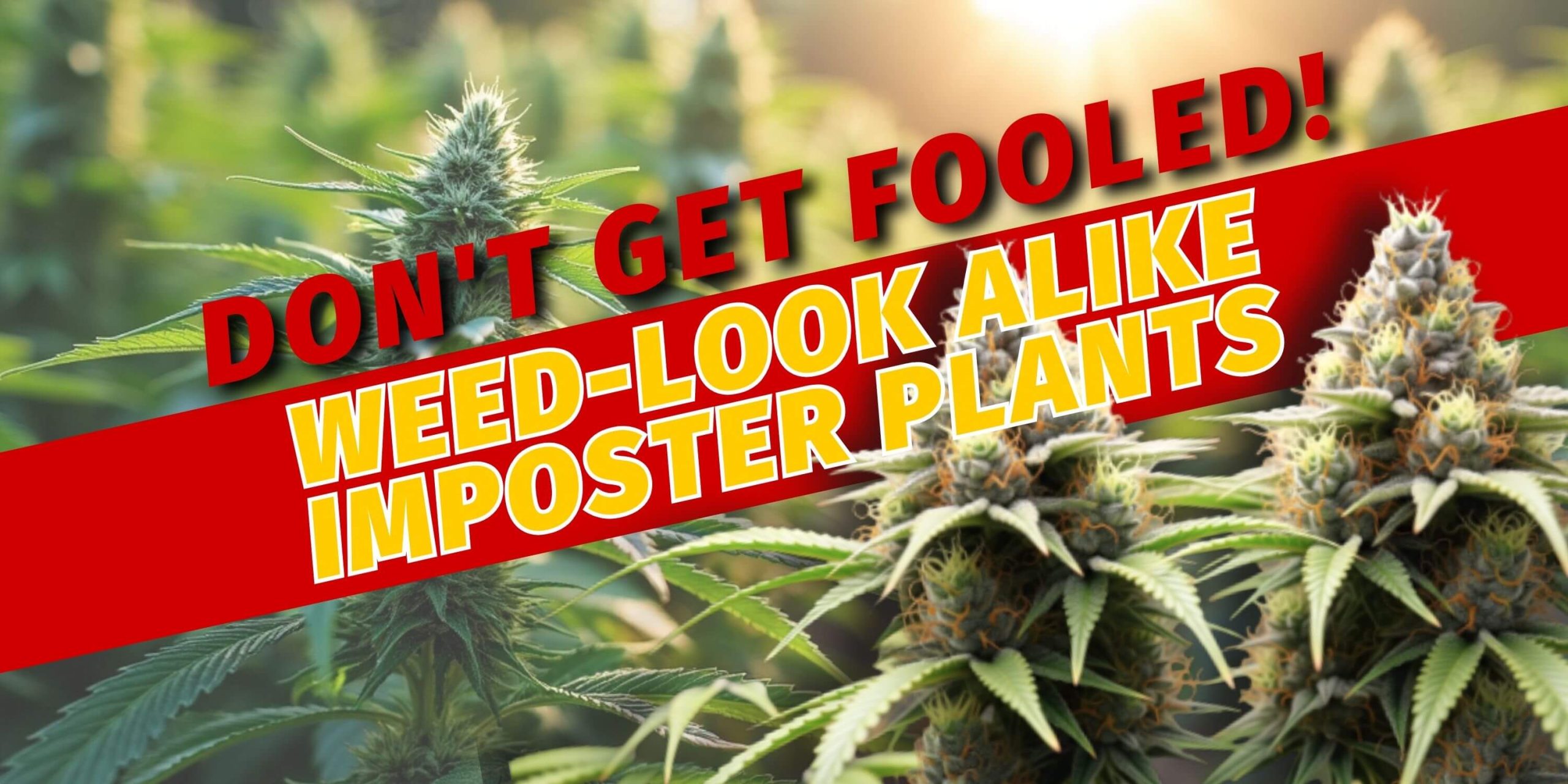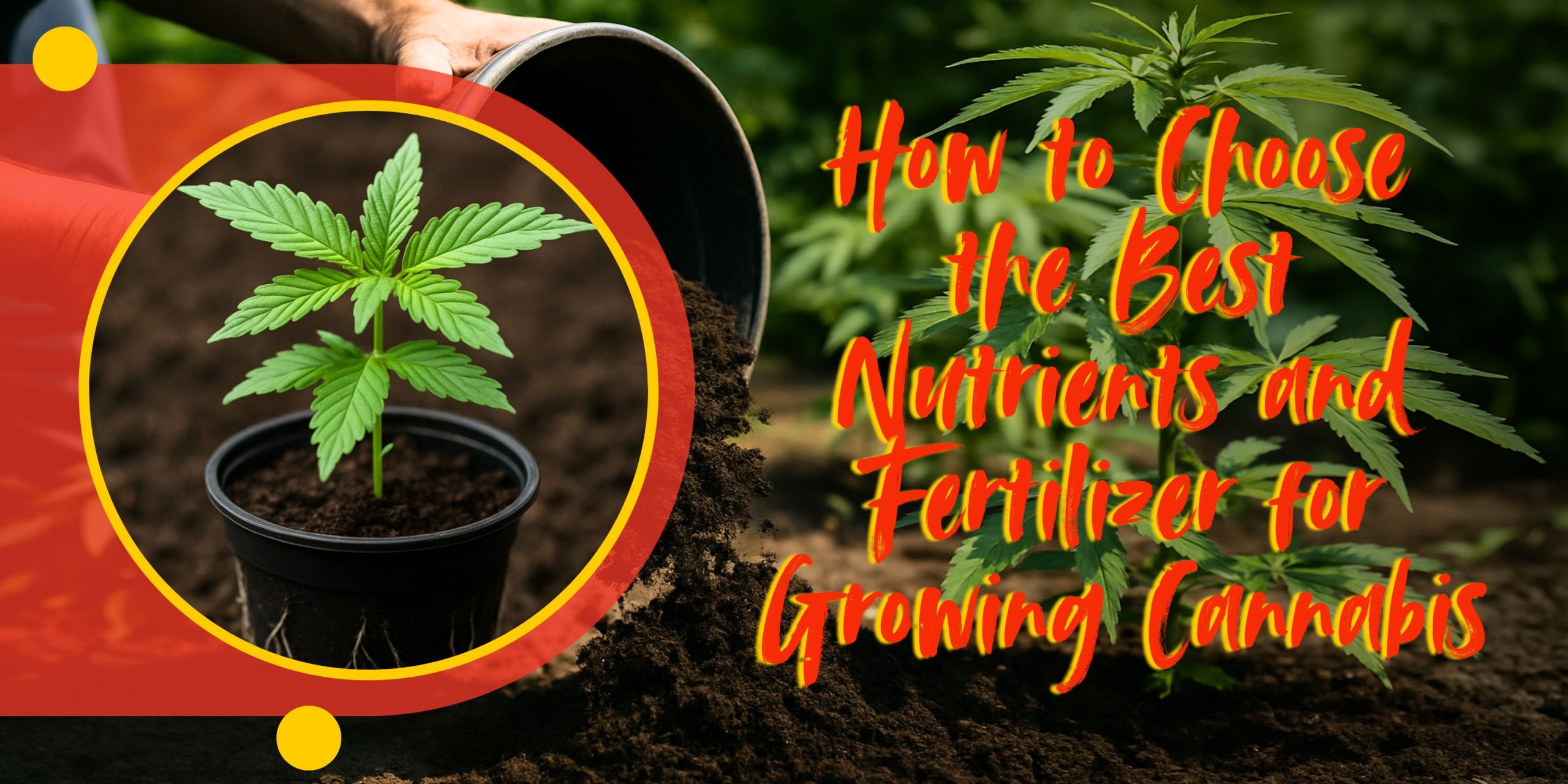Say goodbye to toxic chemicals and clandestine supplements—veganic weed proves that cannabis can live on nothing more than plant-based diets and leave the world a smaller footprint. Cultivators replace animal manure and chemical salts with hand-brewed compost teas, kelp extracts, and mineral-rich rock dusts, permitting every root to absorb a purer, cruelty-free regimen. The reward? Buds that burst in natural terpenes, cleaner smoke, and earthy flavor that actually tastes like the earth. As nothing artificial is left in the leaves, connoisseurs get a more refined, more euphoric high and less throat burning. Veganic cannabis also promotes ethical living: no animal ingredients, reduced runoff, and healthier microbe life in the growing medium. Whether you’re a seasoned toker seeking cleanliness or a health-conscious newbie worried about residues, this cultivation method invites you to indulge in green goodness that’s as kind to your body as the earth. Grown responsibly always.
Finding Vegan Weed: An Insider’s Guide to Plant-Based Cannabis Culture
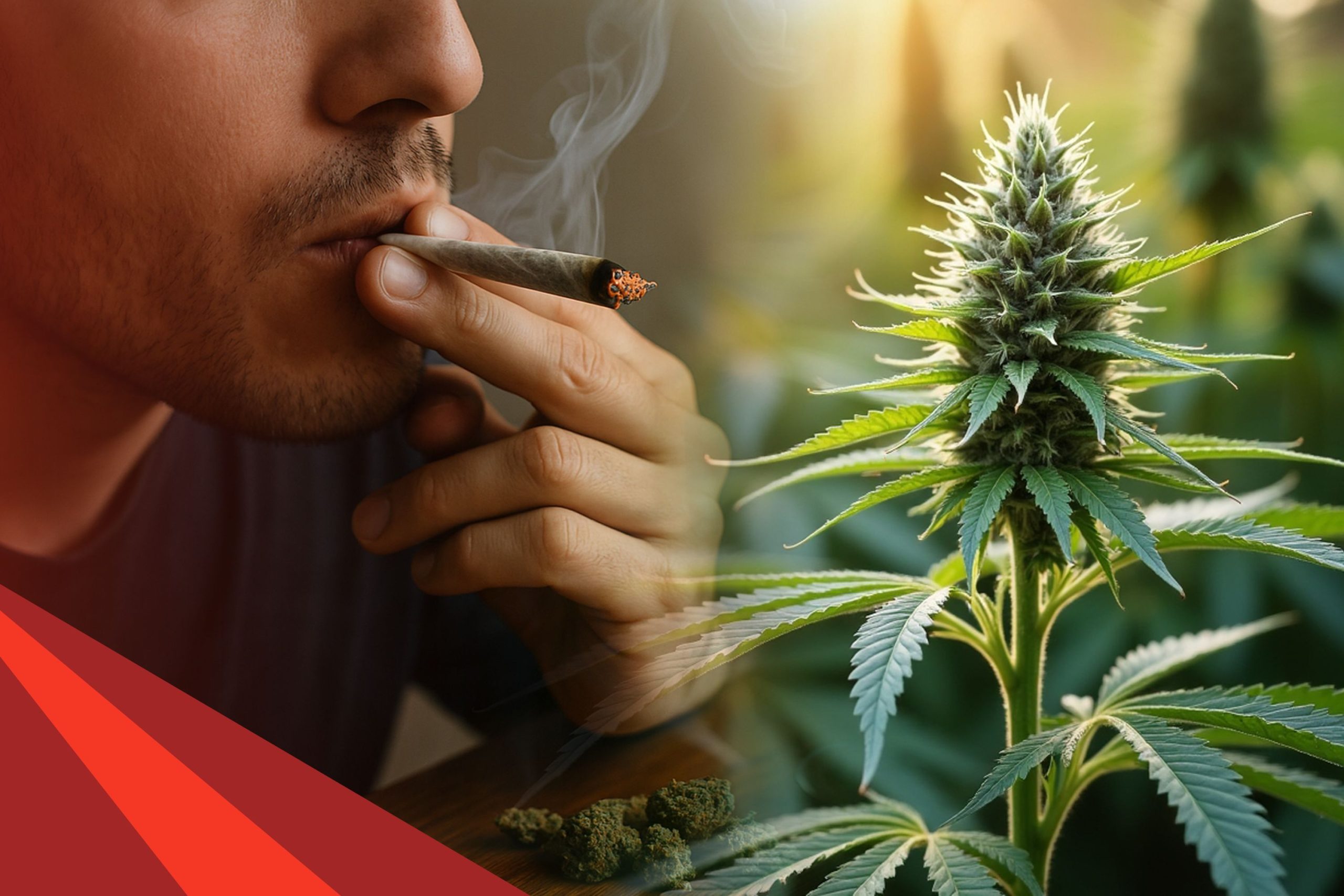
In recent years, the melding of cannabis culture and veganism has been building steam as people become increasingly aware of what they are inserting into their bodies—not just food-wise, but lifestyle-wise, wellness-wise, and environmentally as well. This has brought about increased interest in what is now referred to as vegan weed. But just what does that imply? Can it even be vegan? And how do you actually cultivate weed that aligns with vegan principles? In this book, we will introduce you to the fundamentals of vegan weed, why going veganic is important, and what to look for as a conscious consumer.
Is Weed Vegan? A Common Misconception
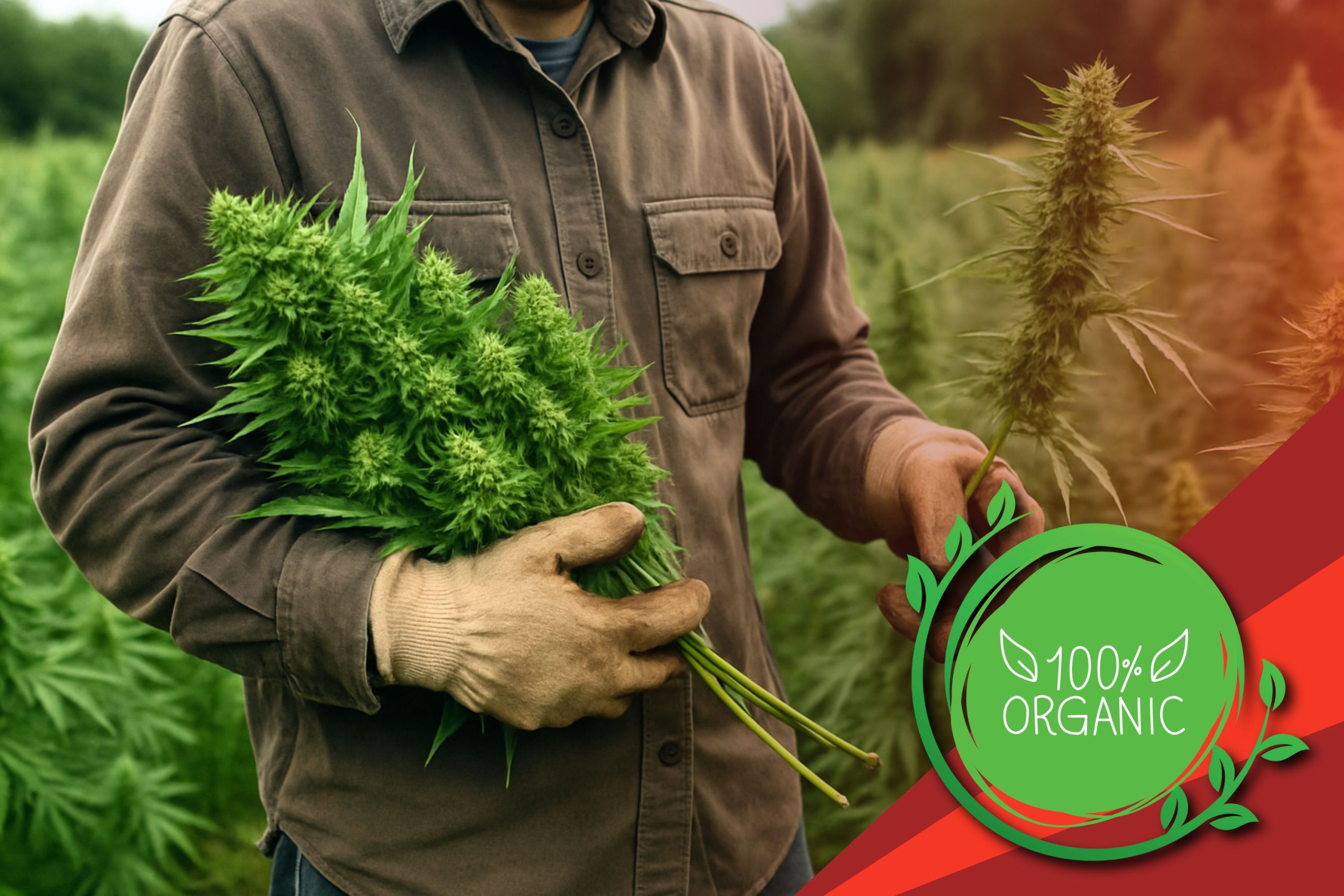
At first glance, it’s obvious—cannabis is a plant, and so by definition, it has to be vegan, right? Yes, in theory. Cannabis in its natural state is plant-based. But the truth about “is weed vegan?” isn’t always quite so simple.
The real issue is with the manner in which the plant itself is grown. Like fruits and vegetables, cannabis is often grown with animal byproducts. These can include fertilizers made from blood meal, bone meal, fish emulsion, and others that come from animals. While they exist in conventional and even organic farming, they are not acceptable for those living under strict vegan ethics.
Thus, although the cannabis bud in itself is plant-based, the method of its production can make it non-vegan. In comes the concept of vegan weed—cannabis cultivated without the use of any animal-derived inputs.
What is Vegan Weed?
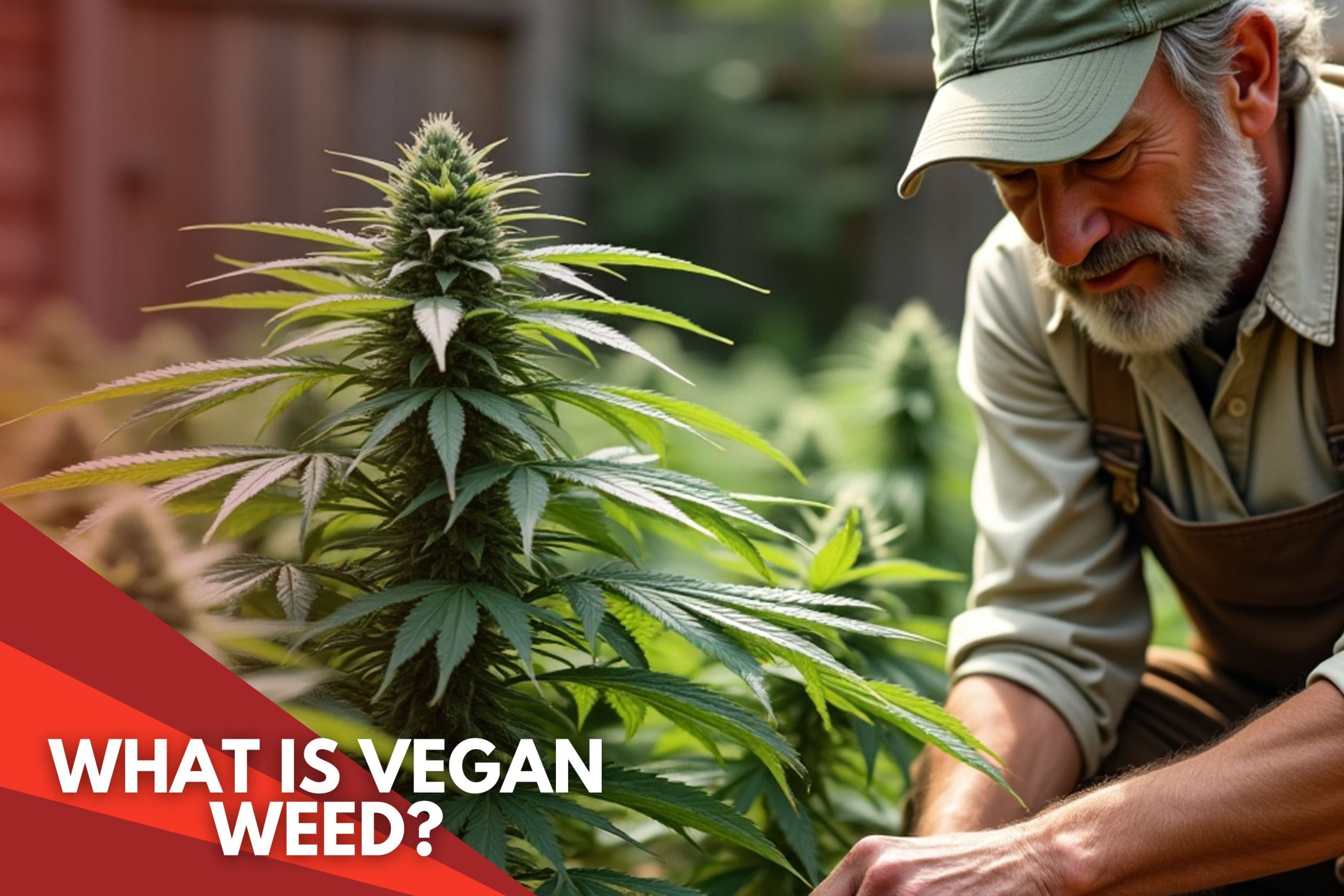
Vegan weed is cannabis that is grown purely plant-based and cruelty-free. That implies the exclusion of all animal-based fertilizers, pesticides, or additives from the very beginning to the end in the growing process. The focus would be on sustainability, hygiene, and morality in all forms of cultivation.
A cannabis product would need to meet these criteria at each stage of growing—starting from seed, through harvest, to retail packaging. That would imply the non-use of:
- Bone meal (ground-up animal bones used as fertilizer)
- Blood meal (ground animal blood)
- Fish emulsion or fish hydrolysate
- Worm castings or manure
- Animal-based pest repellents
Instead, veganic weed farmers rely on plant-based soil and nutrients from plant material, composted plants, rock minerals, and other natural, non-animal products.
What is Veganic Soil?
At the foundation of vegan weed cultivation is veganic soil. This next-generation soil is packed with plant-based nutrients that have nothing but 100% plant sources. What they seek to achieve is the creation of a healthy cultivating setting without evoking traditional organic practices that involve animal residues.
Veganic soil is microbial-friendly and lets the development of healthy, fertile soil that comes naturally to feed cannabis plants. It’s not just animal-free; it’s also about sustaining the health of the soil, biodiversity, and harmony with the environment in the long run.
Some of the common components of veganic soil are:
- Plant material compost
- Seaweed extracts
- Alfalfa meal
- Rock dust
- Neem cake
- Coconut coir
Using these alternatives allows growers to produce cannabis in a way that aligns with vegan ethics and avoids the moral concerns of animal breeding.
Benefits of Vegan Weed
Aside from the ethical appeal, vegan weed offers a variety of substantial benefits for users and the environment as a whole:
1. Smoother Smoke or Vapor
Without pesticides and animal fertilizers, plant-based vegan cannabis can burn cleaner to produce a smoother smoke or vapor. The majority of users report that there is a cleaner taste and more enjoyable experience.
2. Fewer Toxins
Avoiding the use of animal products in the cultivation process reduces the possibility of introducing heavy metals, disease, or other toxins into the final product. This is particularly important to medical cannabis patients who rely on clean and consistent products.
3. Green Environment
Vegan farming is more eco-friendly. It discourages the consumption of industrial animal agriculture byproducts that contribute to greenhouse gas emissions, deforestation, and water pollution.
4. Encourages Ethical Farming
Vegans and vegetarians have no difference of opinion in consuming vegan weed. It is proof that no lives were lost in the production of their cannabis product.
Challenges in Producing Vegan Weed
Although its benefits are considerable, cultivating vegan weed is not without its drawbacks. Most of the cannabis industry is profit-driven and thus tends to fall back on cheaper and more readily available fertilizers that are derived from animals.
Moreover, vegan cannabis certification hasn’t become mainstream yet. Unlike with organic food, where there is a standardized certificate, there is no universal “vegan-certified” symbol on cannabis. Consumers can’t quickly verify claims otherwise unless they research growers and their methods themselves.
Farmers who are committed to vegan weed must also invest more time in soil building, seeking other nutrient sources, and pest management to end up with healthy, high-yielding crops without using synthetics or animal products.
How to Find Vegan Weed Products
If you’re looking to switch to vegan weed, here are some tips to guide your search:
- Ask Your Dispensary or Budtender: Don’t be afraid to ask about how the cannabis was grown. Some dispensaries partner with sustainable or vegan farms and can provide recommendations.
- Research the Grower: Search for veganic-specific growers or brands. Most will disclose their methods on their sites or social media.
- Look for Keywords: Terminology like “veganic,” “cruelty-free,” “animal-free,” or “plant-based nutrients” are positive indicators of ethical cultivation.
- Get Involved in Online Forums: Platforms such as Reddit’s r/vegan or Facebook cannabis-related groups generally feature suggestions and feedback from fellow vegan members.
The Future of Vegan Weed
As the cannabis market matures, consumers will increasingly demand cleaner, more ethical cannabis. Vegan cannabis is a welcome step toward a more conscious and responsible cannabis culture—one that is not only concerned with the end product, but also with how it is produced.
With greater awareness, even more farmers are likely to adopt veganic soil practices and appreciate sustainability. One day, we can even see third-party certification guidelines that can guarantee customers of genuine vegan cannabis with absolute certainty.
Final Thoughts
In a time where every shop brings our values into question, vegan weed isn’t merely a lifestyle decision—it’s a commitment to ethical buying. It’s easy to ask “is weed vegan?” but answering it provides a more complex context of ethics and farming.
Learning about the importance of veganic soil, plant-based fertilizers, and cruelty-free practices gives consumers the power to make decisions that are good for their health, the earth, and animals.
Next time you’re buying strains or browsing your local dispensary, consider the source of what you’re buying—literally. Your high can be green in more than one sense.
Veganic Weed FAQs
1. What is veganic weed?
Veganic weed is cannabis grown without artificial inputs, animal fertilizers, or pesticides. Veganic combines vegan and organic techniques to produce clean, earth-friendly buds.
2. How is veganic different from organic weed?
While both avoid synthetic inputs, veganic farming also refrains from animal by-products like bone meal, blood meal, and manure. That does make it more sustainable and cruelty-free.
3. Is veganic weed healthier?
Most people find it’s cleaner and smoother to smoke or consume. Because it contains no chemical residues and animal-derived nutrients, it might be less harsh on the body and lungs—though more research is still emerging.
4. Is there a different taste and/or odor to veganic weed?
Yes! Veganic weed will generally have a cleaner, more robust taste and smell. Growers and users notice stronger terpene profiles and more silky smoke.
5. Is veganic weed more potent?
Not necessarily more potent—but the sanitation and terpene content can create a richer experience. The high may feel cleaner or more vibrant, depending on the strain.


